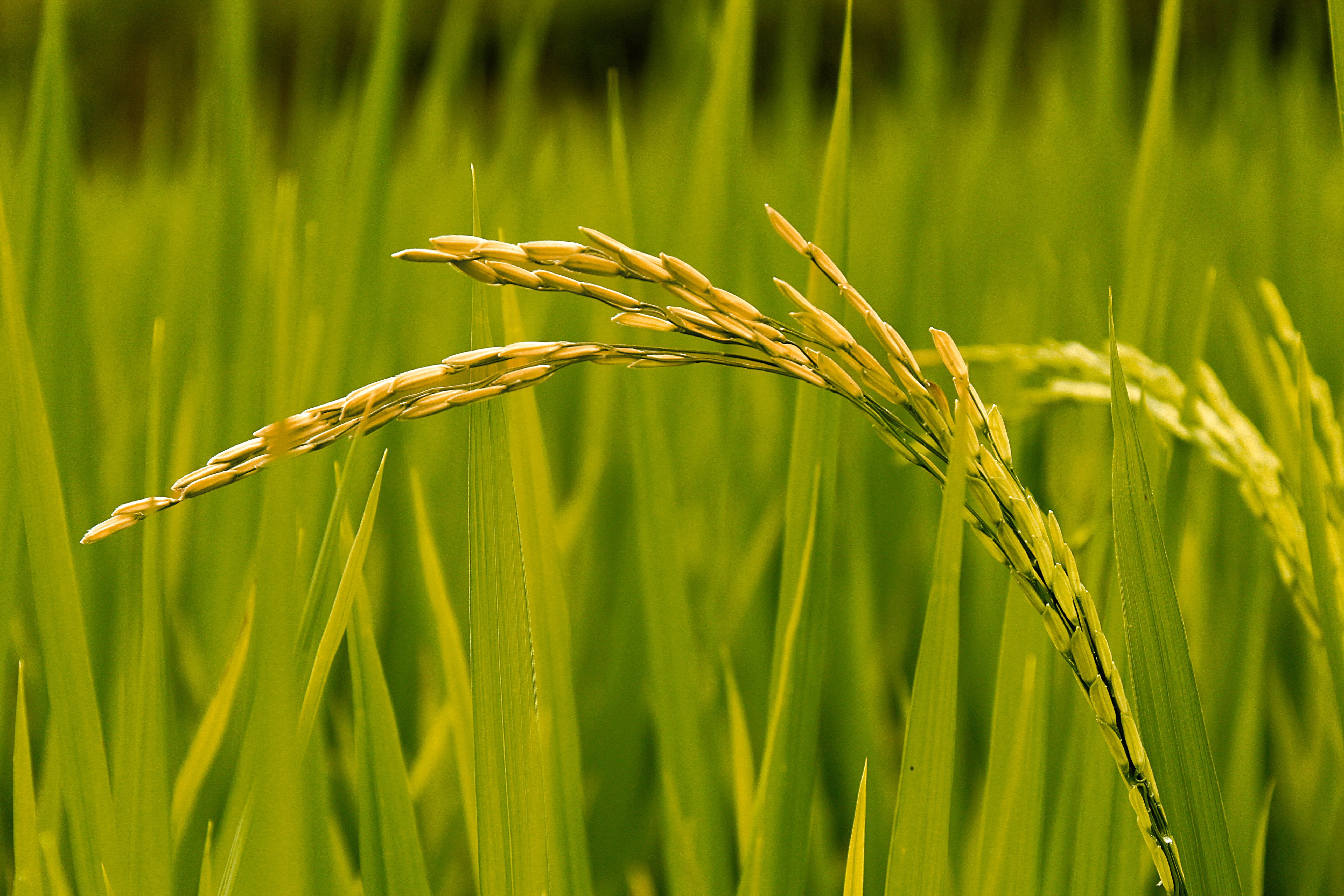
About the Program
Geared toward enhancing the resiliency and competitiveness of Filipino rice farmers while ensuring the country's access to safe and nutritious rice, the DA-National Rice Program (NRP) is among the banner programs of the Department of Agriculture.
Aligned with the Masagana Rice Industry Development Program four core strategies: MAtatag (climate change adaptation or resiliency), SAma-sama (clustering and consolidation of farms), GAnado (motivated farmers in the rice value chain), and NApapanahon (digital transformation to improve farming practices and program implementation), the NRP prioritizes the development and introduction of improved and state-of-the-art farming technologies and innovations on rice and rice-based farming systems.
The DA-Bureau of Agricultural Research (DA-BAR) leads the strategic management and coordination of various rice research for development (R4D) programs, activities, and projects. Implementing these R4D initiatives are DA national and regional offices, state universities and colleges, and other research institutions.
Objective
The program aims to ensure that the Philippines can sustain at least a 90% sufficiency level as demand increases over the years through productive, competitive, and profitable farms.
R4D Priority Areas for 2023-2028
- Improvement of rice varieties, enhancing seed distribution, and exploring seed screening techniques;
- Upscaling integrated commodity systems, implementing effective pest management, advancing agricultural innovation, and developing socially acceptable production machinery;
- Enhancing machinery resilience to climate change, creating value-added machinery, setting local rice product standards, innovating value-added rice products, and ensuring food safety;
- Developing enterprises for rice by-product utilization and development and enhancing both food and non-food rice by-products;
- Assessment of water quality in small-scale irrigation systems; and
- Assessment of various aspects of rice production and technology impact, conducting socio-economic studies on fortified rice adoption, and conduct of policy studies related to seed systems, agro-ecosystems, land reform, mechanized farming, cooperatives, and marketing strategies for rice products.